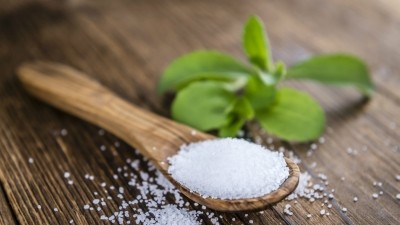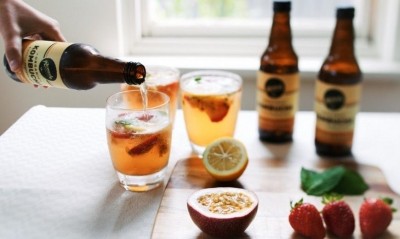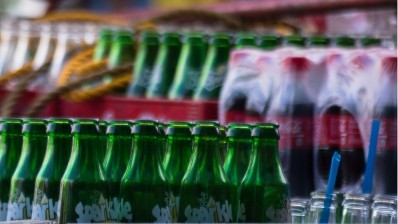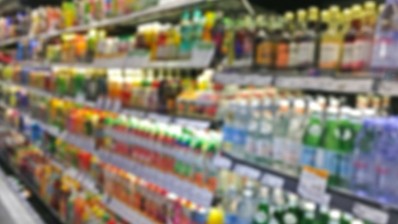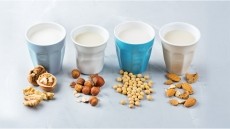Australia’s soft drink sales continue to slump as sugar fears leave a bitter taste
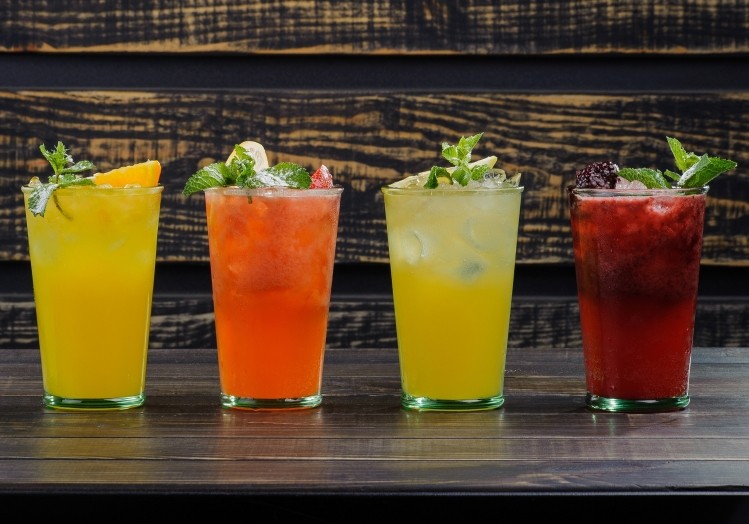
This comes on the back of a 4.7% dip from 2014-16, with consumers increasingly wary about excessive sugar intake.
According to Mintel, one in three (34%) metro Australian consumers say that they are limiting the amount of sugar/sugar substitutes in their diets, while three in 10 (29%) are avoiding items with sweeteners.
Furthermore, as many as three-in-five (58%) Australians say they are limiting their consumption of sugar and sugar substitutes in an effort to watch their weight, while over half (53%) do so because of future health concerns, such as developing diabetes.
Jenny Zegler, global food & drink Analyst at Mintel, said: “With concerns about obesity rates and overall health in Australia, many consumers are now focusing on sugar and sweetener content when choosing food and drink, with some limiting the amount of sugar or sweeteners in their diets. These concerns have especially taken a toll on Australia’s carbonated soft drinks category, which is forecast to see further sales declines by the end of 2017.
“Carbonated soft drink companies that seek to reconnect with consumers must take into account that concerns about sugar and sweeteners will continue to be a focal point for consumers moving forward.”
Mintel data shows that more than a third of (35%) metro Australians say that they check for the level of sugar/sweetener content in CSDs and 30% check for the types of sugar/sweeteners.
While personal preferences for or against sugar or specific sweeteners may vary by the individual, it appears that many Australians have a desire for more clarity around sugar content.
More than three in five (64%) metro Australians say they feel cheated when a company is not clear about the high sugar content of its products. What’s more, as many as three in four (76%) agree that food and drink companies should make it easier to understand how much sugar is in their products.
Consumer confusion
Shelley McMillan, trend & innovation Consultant, ANZ, at Mintel said: “Our research points to the necessity for simple and direct communication to reassure Australian consumers who are wary of their sugar consumption. To avoid consumer confusion or concern, products could define the amount and type of sugar or sweeteners on product labelling to ensure that consumers can easily understand the sugar content of food and drink.
“Currently, the provision of front-of-pack sugar descriptions by carbonated soft drink companies are few and far between. This challenges more companies to be transparent in their claims.”
According to Mintel Global New Products Database (GNPD), ‘low/no/reduced sugar’ is a claim carried by just 12% of product launches in Australia in the two years to October 2017.
Finally, Mintel research shows that consumers think that manufacturers could be more aggressive in creating reduced-sugar formulations, with three in four (74%) metro Australians agreeing that food and drink companies should be doing more to reduce the amount of sugar in their products.
“Though there is a demand for reduced sugar food and drink products, companies are not doing enough when it comes to new product development. In fact, our research indicates that there is a definite opportunity for players in the carbonated soft drink industry to introduce more low, no or reduced sugar offerings into the Australian market. Another key way of enticing consumers to stay engaged with the category is for CSD brands to consider developing low, no or reduced sugar limited edition flavour offerings,” Zegler added.
